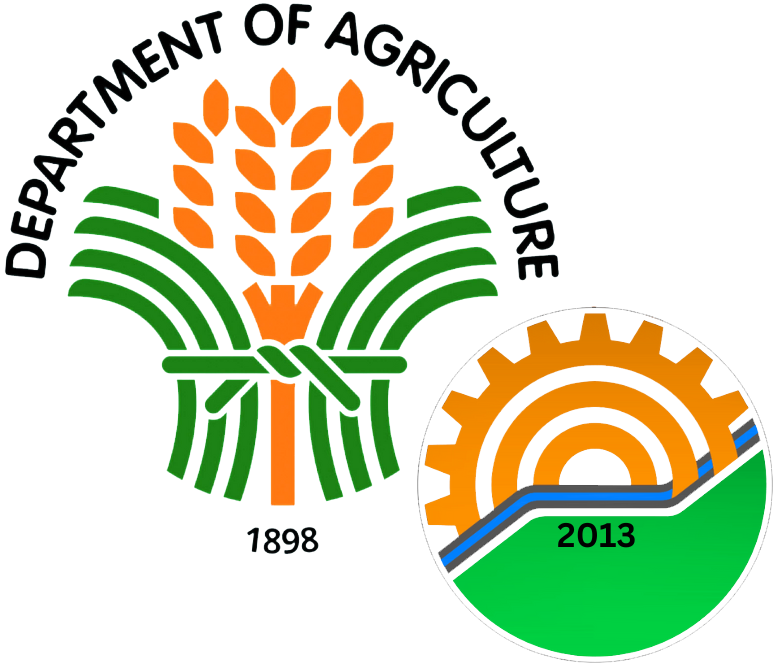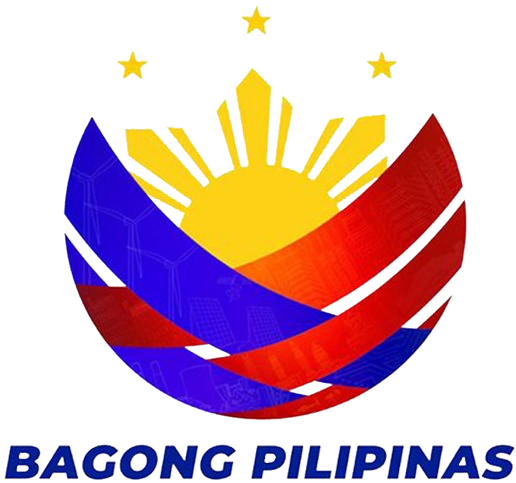
To ensure the establishment of viable agri-fisheries infrastructure projects, the Bureau of Agricultural and Fisheries Engineering (DA-BAFE) organized a training to capacitate technical personnel of the Department of Agriculture and local government units (LGUs) in the preparation and evaluation of feasibility study (FS).
DA-BAFE has partnered with the Visayas State University (VSU) in the conduct of the Online Trainor’s Training on Software-Aided Feasibility Study Preparation and Evaluation for Agricultural and Fisheries Infrastructure Projects, through the university’s e-Learning program. The second batch of FS trainor’s training is conducted from June 14 to 23, 2021. Ninety-seven (97) trainees from DA-BAFE, Regional Agricultural Engineering Divisions (RAEDs), Sugar Regulatory Administration (SRA), and selected local government units (LGUs) participated.
DA-BAFE Director Engr. Ariodear C. Rico said that undertaking a feasibility study ensures that the project is not only technically feasible but also economically viable, socially acceptable, administratively possible, and will not harm or damage the environment.
A feasibility study is a critical stage in the project cycle as it is the culmination of all preparatory work that provides a comprehensive review of all aspects of the project before arriving at a final decision about its viability, explained Dir. Rico.
Dir. Rico told Engr. Arthur Tambong, the resource speaker and Professor at the VSU, that he is “hoping that one of the training output is to prepare a feasibility study for an agricultural machinery service center which is a very important project funded not only by DA but also by other government agencies and credit institutions.”
More importantly, the participants in the training will train all agricultural and biosystems engineers all over the country including those in other agencies, state universities and colleges, and LGUs.
LGUs were invited to participate with the impending implementation of devolution of national government functions (Mandanas ruling) and will play a major role in advocating the institutionalization and creation of the provincial, city, and municipal agricultural and biosystems unit. One of the functions stated in the DA-DILG-DBM Joint Memorandum Circular (JMC) is to prepare and evaluate feasibility studies for agrifisheries machinery, mechanization projects, and infrastructure, Dir. Rico said.
In 2020, the Department of Agriculture issued Memorandum Order No. 61 to provide guidance to DA bureaus, attached agencies, government-owned and controlled corporations (GOCCs), DA-Regional Field Offices, and other implementing units in the preparation and evaluation of feasibility studies (FS). The said memorandum serves as a legal document for the FS.
DBM issued guidelines that require all project proposals to be ready for implementation, and the requirements include the feasibility study (FS), detailed engineering design (DED), and program of works.
The preparation and evaluation of feasibility study is included in the scope of practice of agricultural and biosystems engineers as per RA 10195 and a professional program practice outcome in career progression and specialization, said Dir. Rico.
The first batch training was conducted in partnership with VSU from September 21 to 30, 2020 in order to capacitate 71 participants from DA implementing agencies including BAFE, RAEDs, and Banner Programs.
The rationale of the FS trainor’s training was explained by Engr. Noemi L. Carpio, chief of the Engineering Plans, Designs, and Specifications Division (EPDSD). DA has been implementing programs and projects in the agri-fisheries sector to enhance productivity, increase income of beneficiaries, build climate and disaster risks resilience, ensure food security, and reduce poverty in rural areas. Interventions include production, postharvest and processing facilities and equipment, SPIS, FMR, warehouses, cold storage facilities, trading centers, and the like.
Despite those interventions, some agri-fishery machinery and facilities are underutilized due to problems such as lack of after-sales service, lack of social preparations, lack of skilled operators and technicians, and problems of sites or beneficiaries. These problems are attributed to the absence of feasibility studies. BAFE initiated the training on the preparation and evaluation of FS to minimize or eliminate those problems, said Engr. Carpio.
The eight-day online training aims to capacitate participants in software-aided FS preparation and evaluation and handling FS training; produce varied sample project FS from participants; develop a pool of experts who can serve as resource persons, FS preparers, evaluators, and consultants; and produce training designs and e-learning materials on FS preparation and evaluation.

The training resource person, Prof. Arthur Tambong, said that the Visayas State University e-Learning system will be used in loading and accessing electronically-stored instructional materials, exercises, tests, and other training resources like references, software, videos, and handouts. The system will also be used for automated checking of tests and exercises.
For speed, accuracy and convenience in feasibility study making, this training series employs version 5.18 of Bytex Feasibility Analyzer, an internet-downloadable FS making software that complies with the International Accounting Standards (IAS) and the International Financial Reporting Standards (IFRS).
Prof. Tambong thanked DA-BAFE and VSU for their continued trust in him in handling the national online FS training.
As in the past, Prof. Tambong likes to serve as a resource person in trainings because it his “way of sharing knowledge to other engineers and professionals such that they can help in initiating development projects for more livelihood for the people.” If we do project initiation repeatedly, we can lift up more people from poverty, he added. ###Marshall Louie Asis, DA-BAFE (Published on June 21, 2021)
















